Doing research ‘coronavirus style’: Online meetings with 60 people and encounters with ghostly airports

Cristiana Parisi is concerned about how switching to a circular economy impacts different levels of society. She is exploring this in the EU-funded project REFLOW. (Photo: Anna Holte)
Fieldwork and international meetings are being interrupted and cancelled due to coronavirus. Associate Professor, Martin Skrydstrup had to abort fieldwork in Mombasa, Kenya, where coronavirus was apparently not top priority, and Associate Professor Cristiana Parisi is now juggling a research project across six European cities online.
Mombasa, Kenya. Coronavirus was not really the talk of the town among Kenyans. Locals were rather relaxed about it and certain it would not spread there, as it only rages in cold places, they said – like the ski resorts in Northern Italy and Austria. It would never strike Africa.
This is how Martin Skrydstrup, Associate Professor at the Department of Management, Society and Communication at CBS describes how Kenyans talked about coronavirus when he was conducting fieldwork there when the pandemic was on the rise in Europe and elsewhere.
On Sunday, March 15, he returned to Copenhagen from a two-week fieldtrip to Mombasa, which he had to cut one week short due to coronavirus.
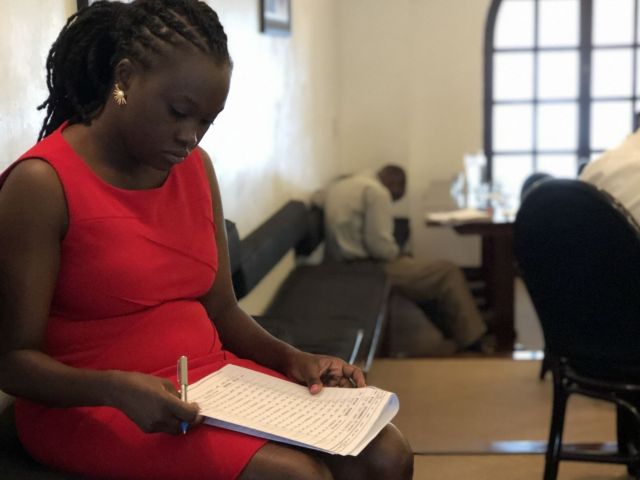
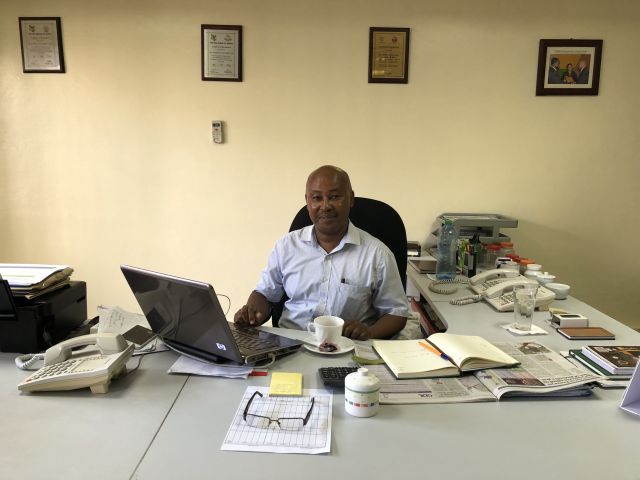
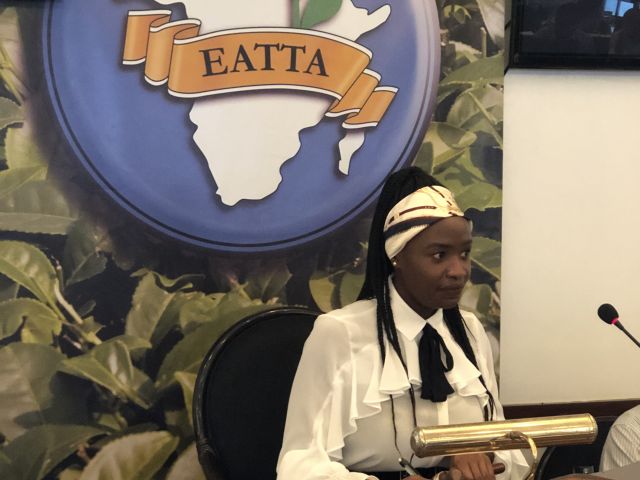
“Africa and Europe were like two worlds out of sync. In Kenya, they didn’t believe it would hit them, and from Europe I was getting calls from colleagues urging me to jump on the next flight home. The EU is closing its borders, they warned. It was like having a foot in two different worlds,” he says on the phone from his home.
Not only is the coronavirus outbreak making studying and teaching more complicated, it also affects researchers and their projects. For Martin Skrydstrup, it means returning to Mombasa to gather the remaining data needed for his anthropological study of tea and its valuations, which he is conducting in collaboration with Postdoc Hannah Elliott and Matthew Archer, Assistant Professor from the same department. (See fact box)
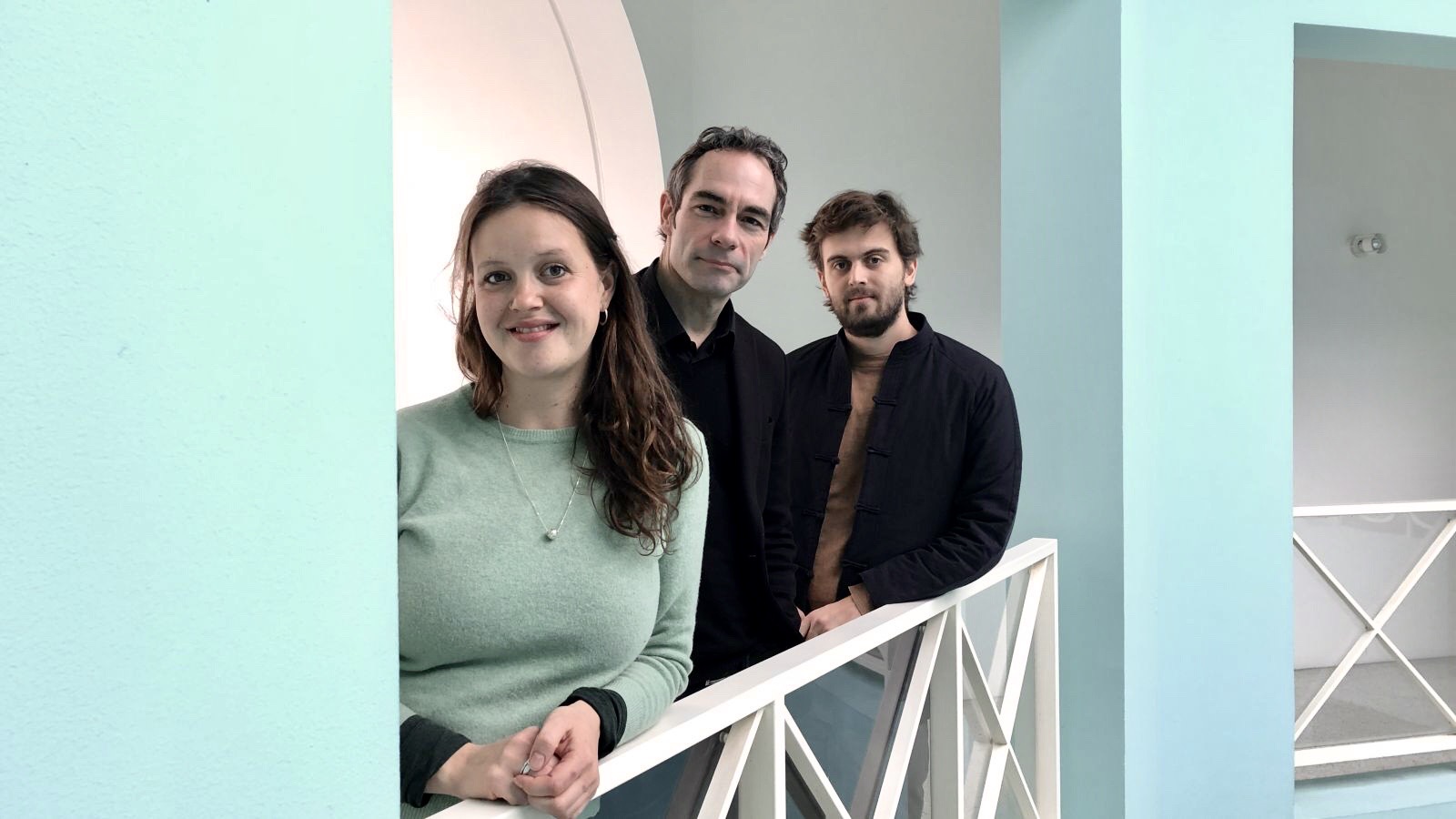
Cristiana Parisi, Associate Professor at the Department of Operations Management at CBS, is also affected by the situation. She is in charge of REFLOW, an EU-funded project involving 28 partners and covering 10 European countries. (See fact box)
Right before Denmark closed down on March 11, she had to cancel a meeting in Vejle with around 60 participants from different parts of Europe.
“It was a last-minute cancellation. The meeting was supposed to be on March 11, and we cancelled on the March 9. We feared that people might get stuck in Denmark. Instead, we arranged an online meeting via Zoom. It was like talking to a wall of people on the screen,” she explains.
Not being able to meet up with her colleagues, partners and co-researchers on the €10 million project means a lot of time being devoted to arranging phone calls, holding online meetings and sending emails. And the coronavirus has arrived at the worst possible time.
Every conversation starts with ‘How are you’ and ends with ‘Take care’
Cristiana Parisi
“We started the project in June last year, and by the end of May, we must submit six deliverables illustrating the first results from the six pilot cities. But I’m so proud of the partners, who are still working to meet the first deadline,” she says.
Saying hello ‘corona style’
Martin Skrydstrup had mixed feelings about returning to Denmark. In Nairobi, from where he flew to Paris-Charles de Gaulle Airport, everything was business as usual.
“My fieldwork was progressing so well, and I didn’t want to replace that with a corona-stricken Europe. But when talking to my colleagues at home, it was evident that I had to leave. Especially when my Head of Department sent me an email asking me to return,” he says.
One reason he felt like staying was that there had been no official cases of coronavirus in Nairobi. In fact, he only met safety precautions three times.
When attending a meeting at a multinational company, Martin Skrydstrup had to sign a contract that he was experiencing no symptoms, before he was released to the boardroom, and for another meeting at one of the five biggest tea buyers in the world, when a Sri Lankan and Dutch tea trader said hello “corona style” with their elbows instead of shaking hands. Finally, being picked up 2:30 AM on his departure day his Uber driver asked him to use hand sanitizer before getting in the car to be driven to the airport in Nairobi. That was the first sign of locals took the coronavirus seriously.
“When I arrived at the airport in Paris, it was ghostly. And scary. None of the shops were open, everyone was wearing masks, and everyone looked away,” he explains and continues:
“At Copenhagen Airport it was about the same. On the loudspeakers, a lady kept saying we should keep our distance and cough in our sleeves. For some reason, all passports had to be checked, which created a long line, and it was hard to keep the required distance. It was very uncomfortable. Especially when you spotted people with running noses. But when the female police officer at Immigration checked my passport and said ‘Welcome home’ with a warm smile, I was relived to be on Danish soil.”
European unity
The six cities of Amsterdam, Berlin, Milan, Vejle, Paris and Cluj-Napoca in Romania are all pilot cities in Cristiana Parisi’s project, which aims to turn waste into a resource, introduce circular energy consumption and production in the cities, and improve the flow of materials, as well as focusing on the social impact of circular economy.
After the virus outbreak, Cristiana Parisi has been especially concerned about the partners in the heavily hit areas.
“Not only am I worried on a personal level, I’m also concerned that some of the partners will have a hard time moving their work routine online, and that may create some difficulties. Also, we don’t know if the coronavirus is going to change practices in terms of how we get together, make events or even how cities work. All these elements are important aspects of this project,” she says.
Cristiana Parisi has been worried that many of the cities, municipalities and partners in the project would shelve everything during the ongoing coronavirus crisis, but instead everyone has done their utmost to press on with the project.
“I just had a phone call with one of the partners in the municipality of Cluj-Napoca, and they will keep reporting on how their progress with the REFLOW project on a daily basis. That’s impressive in these times,” she says.
Moreover, she is experiencing a feeling of unity in the face of adversity.
“Every conversation starts with ‘How are you’ and ends with ‘Take care’. In that sense, we are more united, and it’s possible to follow the different nations in the EU and how they are reacting to the coronavirus,” she says.
After coronavirus…
Although Martin Skrydstrup had to cut short his fieldtrip, he explains that he now has time to review his material and prepare for the extra trip to Mombasa when the world has settled down again. And maybe he will include in his project a few research questions related to coronavirus.
“It would be interesting to look into how a pandemic, like coronavirus, affects global trade. For example, Mombasa is a city built on trading. 80 percent of its imports are from China, and since China has been closed down, it’s possible they will encounter shortages of some products,” he explains, adding:
“On the other hand, the warehouses are full of tea that needs to be exported, but most sea traffic is immobile. It would be interesting to explore the effect that will have on the tea market.”
Cristiana Parisi also thinks the coronavirus is going to shed new light on how our cities work.
“It’s too early to say whether the current situation will change our project, but I’m sure that we will see new practices emerging, new forms of partnerships, and new ways of working together. And that could be interesting to study,” she says.



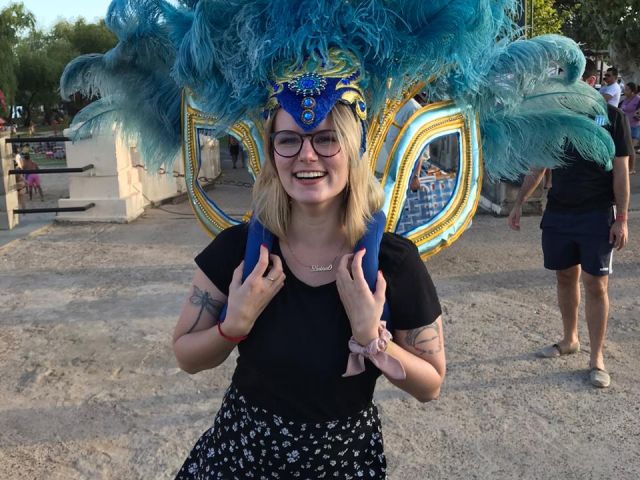
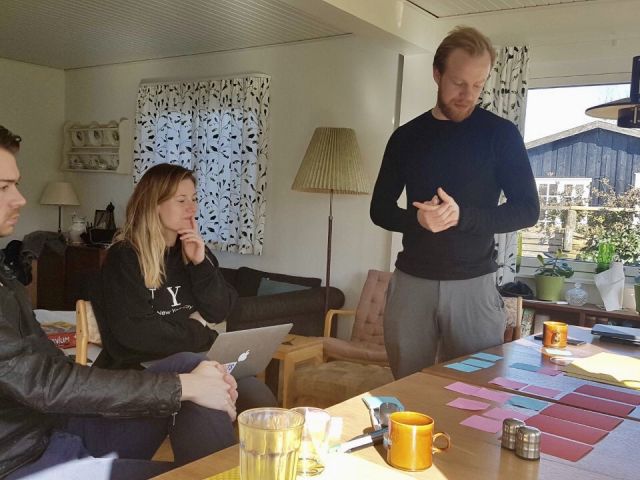
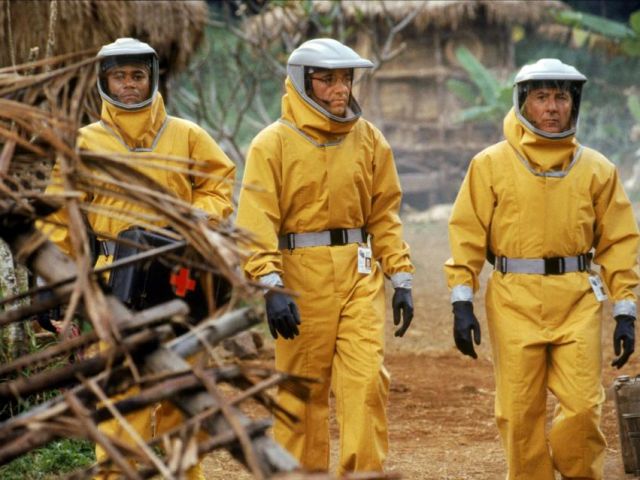

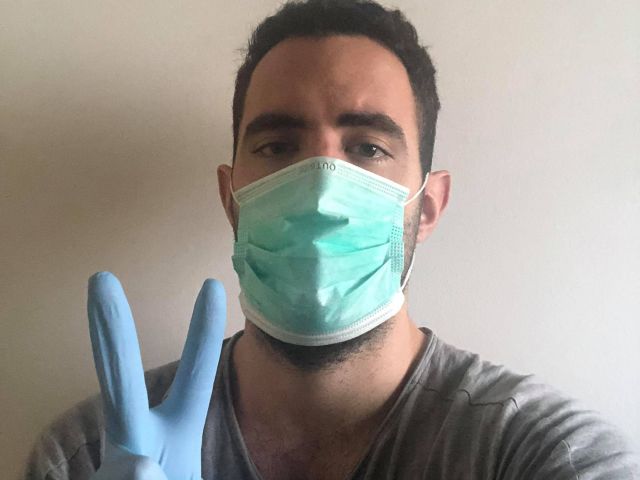
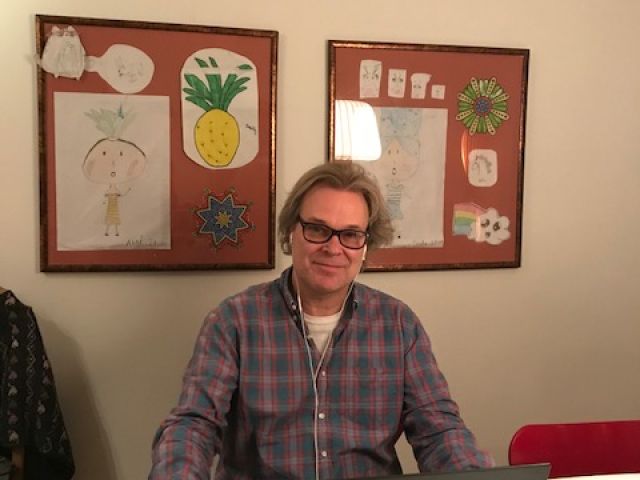




























































































































Comments